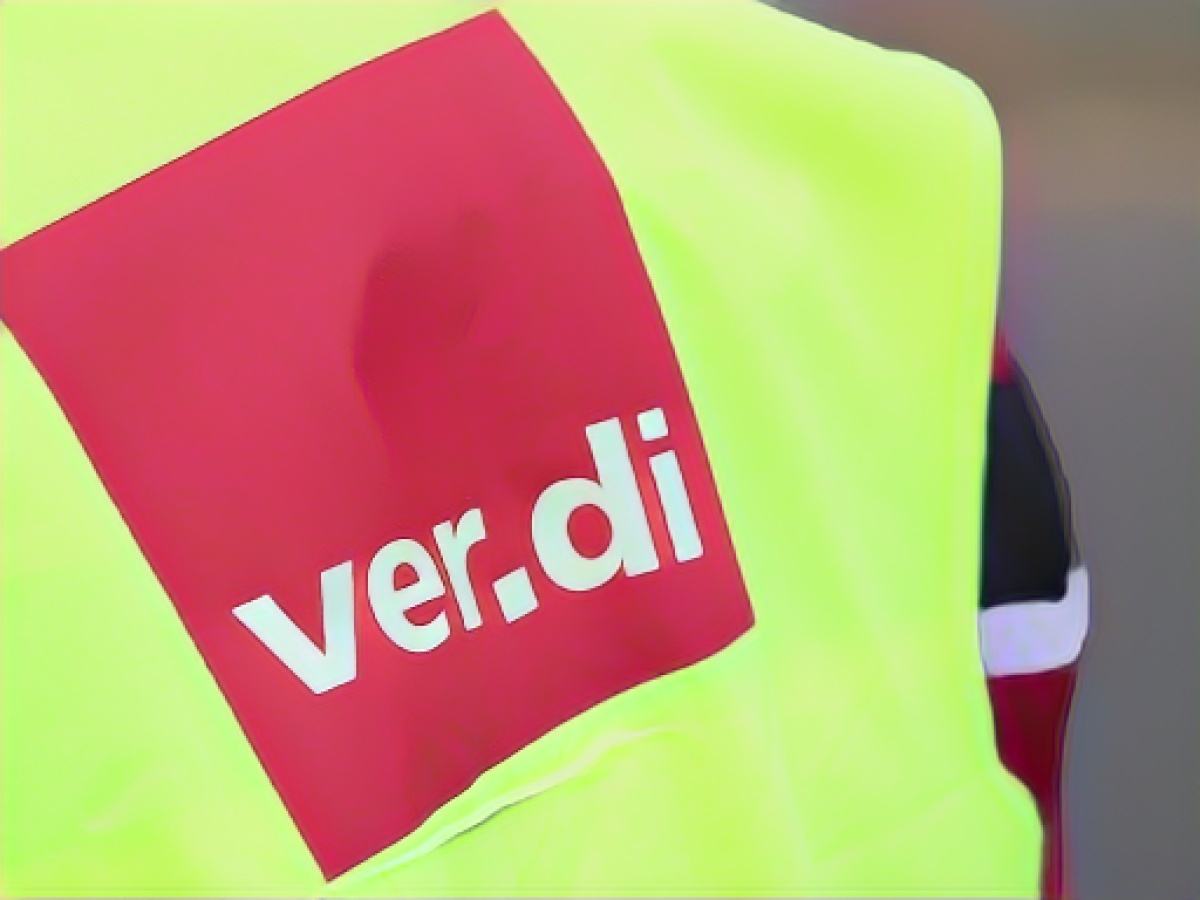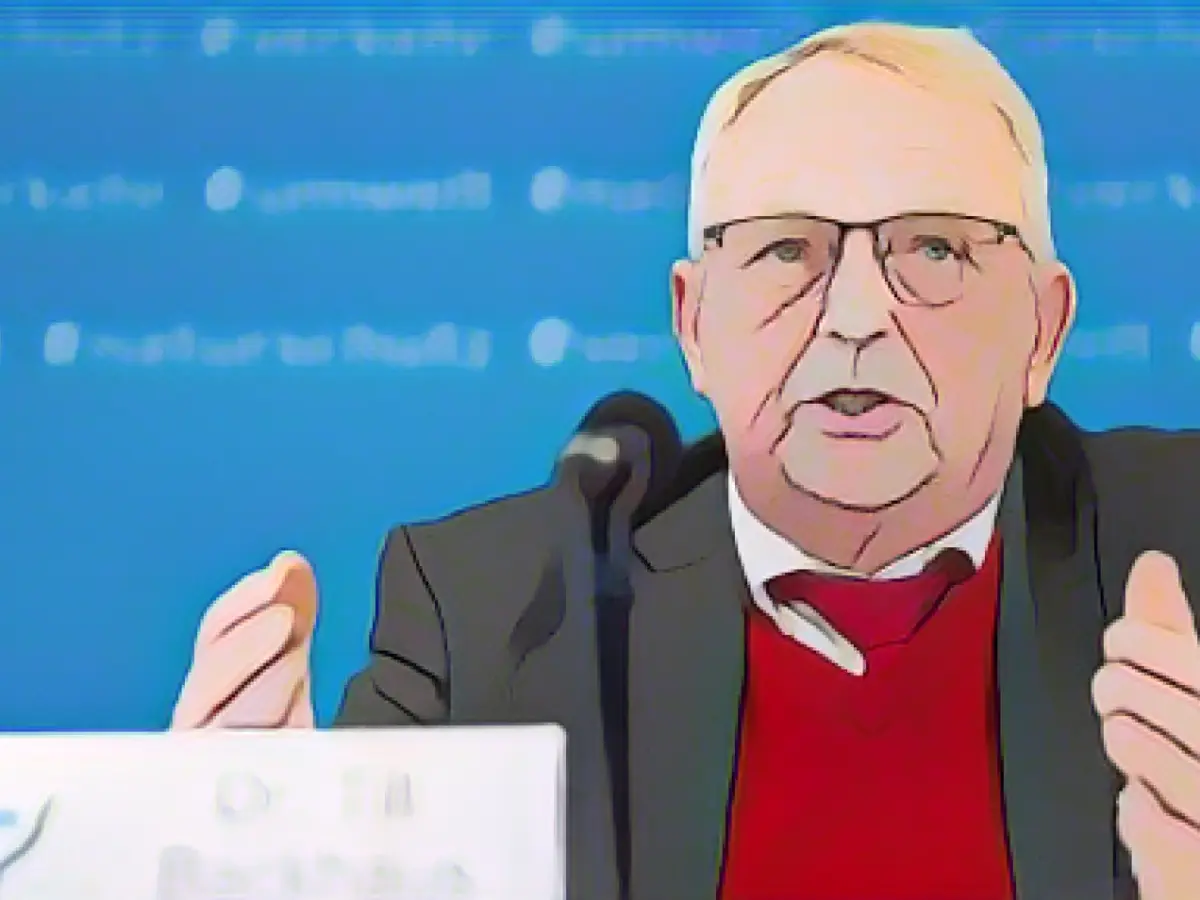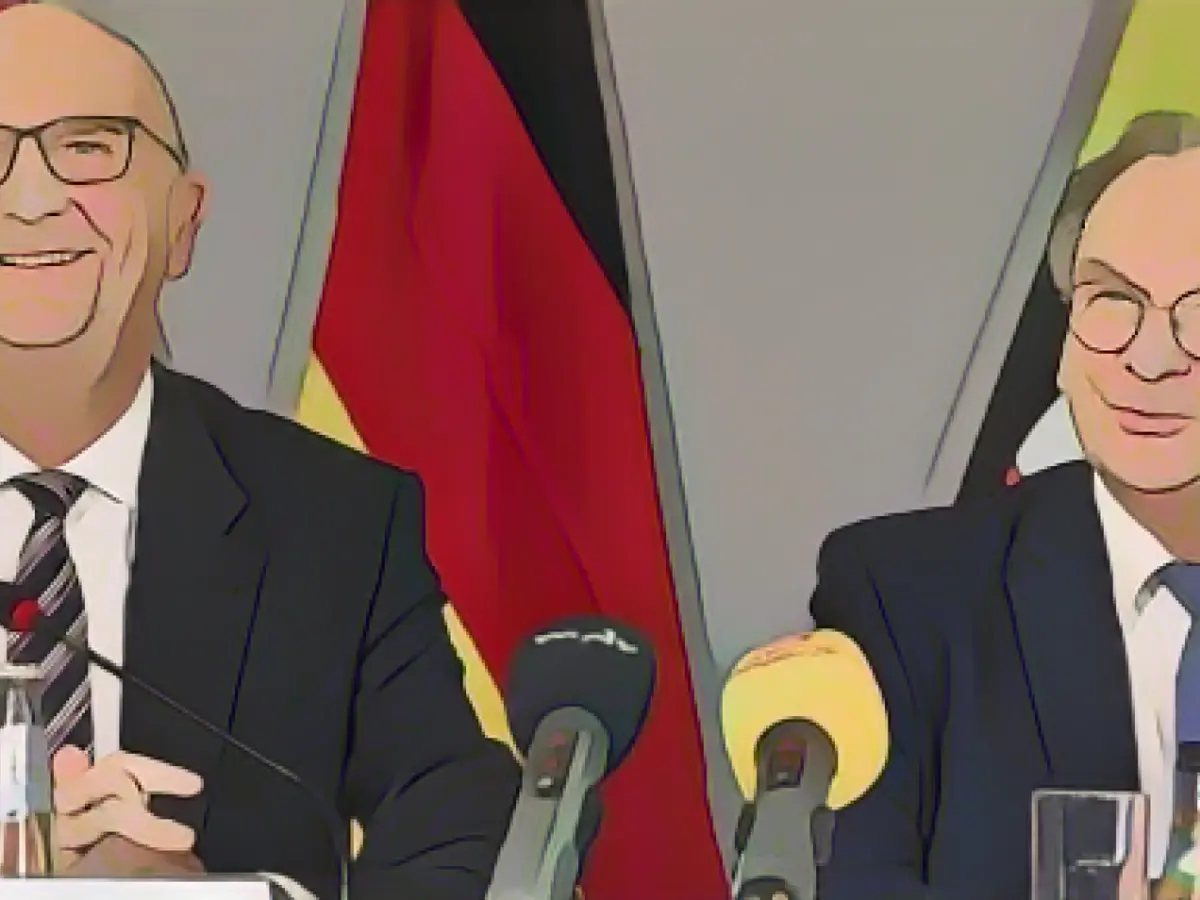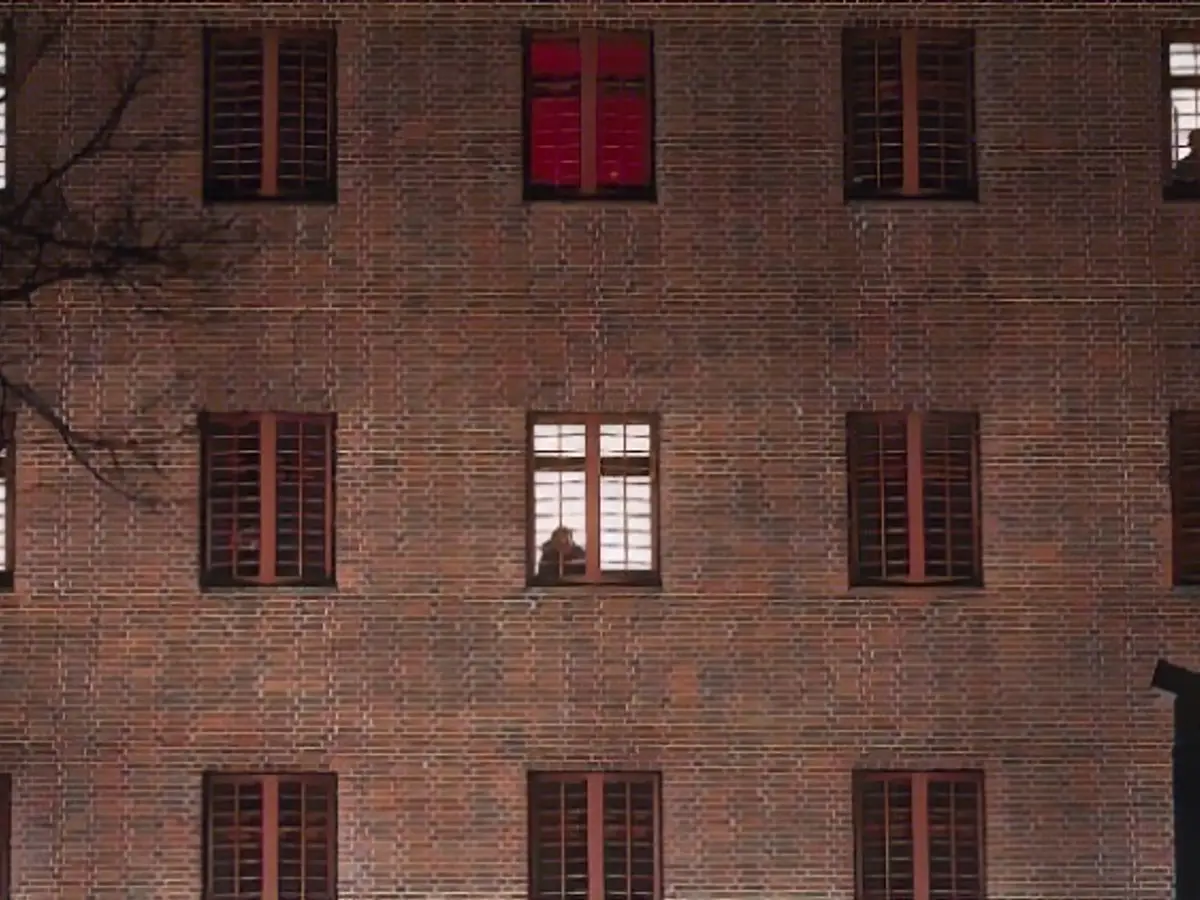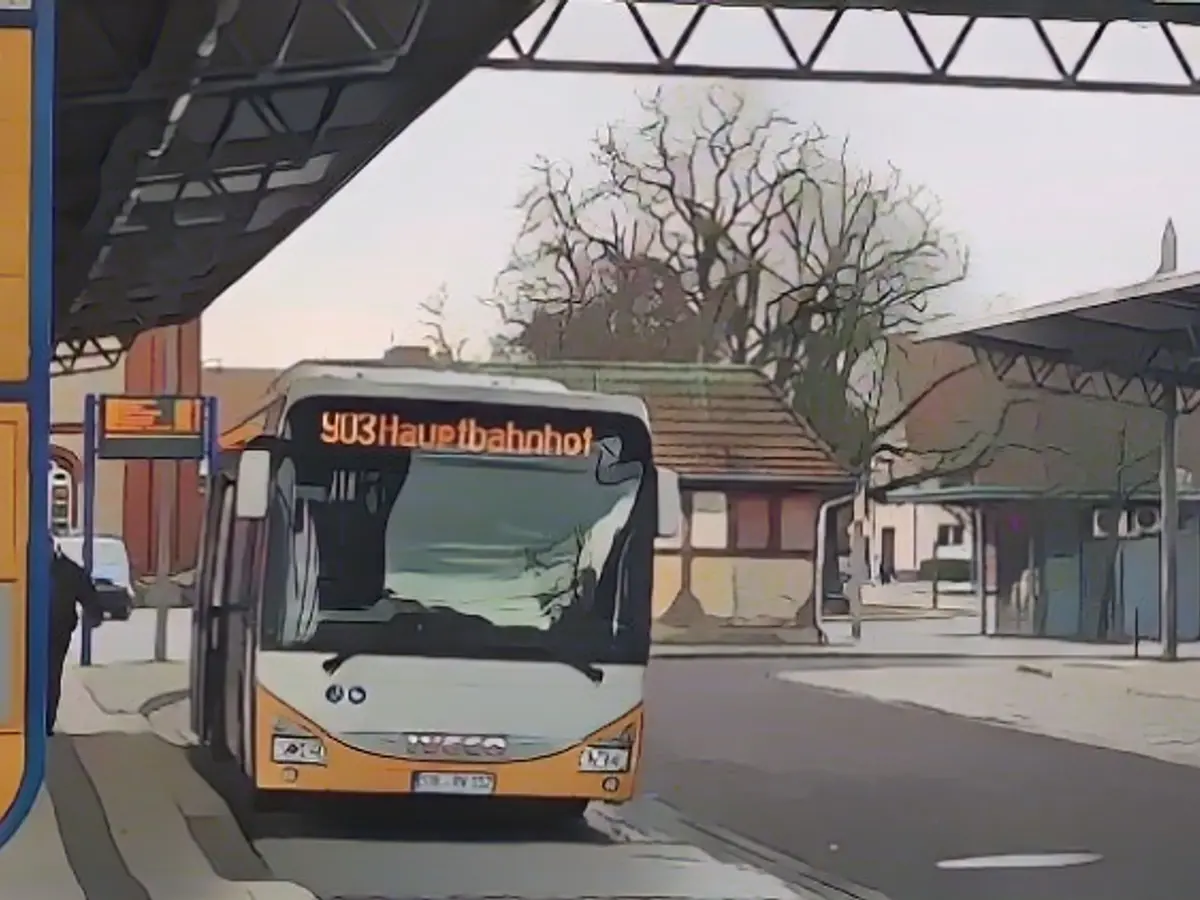Hamburg's Public Sector Braces for Expanded Strikes
Residents of Hamburg should brace themselves for potential disruptions in public services next week. The Verdi trade union, following an unsuccessful second round of collective bargaining negotiations, has announced plans to significantly escalate warning strikes starting Tuesday. Employees from various sectors, including state companies, specialist authorities, schools, district offices, job centers, and even the fire department, have been called to participate in the action. A demonstration is scheduled for 10:30 a.m. at the union building, with strikers then making their way to the tax authorities for a final rally.
The sports field attendants had already embarked on a warning strike over the weekend, affecting some match operations that may continue into Sunday. The Hamburg Football Association has pledged to review and reschedule necessary matches on Monday if needed. Additionally, it highlights the presence of pitches managed without state personnel, suggesting that alternative options are available for sporting events.
Nicole Drücker, a Hamburg representative on the Federal Collective Bargaining Commission, voiced her concerns, saying, "November will be a strike November." She criticized the employers' unwillingness to propose a collective bargaining solution, claiming that they suggested seeking housing assistance instead. Drücker described this as outrightly offensive.
The Verdi union is aiming for a 10.5% increase in income for public sector employees across the federal states and at least a €500 raise for junior staff. The wage agreement would span twelve months, with additional monthly bonuses for Berlin, Hamburg, and Bremen. However, the trade union consortium (TdL), headed by Hamburg's Finance Senator, Andreas Dressel, described these demands as unaffordable, setting the stage for a prolonged stalemate in negotiations. The third round of talks is scheduled for December 7.
The ongoing standoff between the unions and the employers in Germany's public sector has grown to a critical juncture. Verdi is urging pressure tactics due to the apparent reluctance of employers to compromise on wage increases and better working conditions.
Insights from Recent Developments
The current labor disputes and strike actions in Germany, most notably affecting Deutsche Post employees, are inextricably linked to the broader political context and economic policies. Trade unions, such as Verdi and DPVKOM, are advocating for substantial wage increases and better labor standards in response to low wages and the physical strain from escalating parcel volumes. Despite previous settlement efforts, both unions maintain a combative stance, employing warning strikes and other pressure strategies.
Germany's federal election campaign and right-leaning policies, which aim to increase defense spending and potentially weaken union influence, contribute to the escalating tensions. The management at Deutsche Post, in particular, has been criticized for adopting an unyielding position, with demands for wage increases seen as financially unfeasible.
While the primary focus remains on Deutsche Post, there are no specific mentions of ongoing wage negotiations or strikes in Hamburg. However, the general labor market trends and union demands apply parallelly across the entire country. As the conflict continues, the need for a satisfying resolutions becomes increasingly critical for both employees and public service users.
